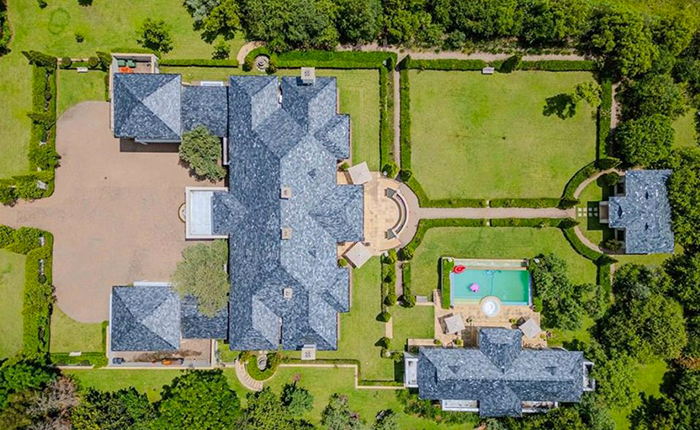Ownership & Tax guide in South Africa

Who can buy real estae in South Africa ?
There are no restrictions on foreign ownership of residential or commercial properties. However, there are some important considerations and regulations to be aware of
Foreign nationals (non-residents): Are permitted to purchase property in South Africa. This includes individuals, companies, or trusts registered outside South Africa.
Key considerations and regulations for foreign investors:
Exchange Control Regulations: The South African Reserve Bank (SARB) regulates the flow of funds. All foreign currency transactions for property purchases must go through an authorized South African commercial bank. It's crucial to retain all records of foreign currency transferred into South Africa, as this will be required for repatriating funds (including profits) when the property is sold.
Financing: While foreigners can obtain mortgages from South African banks, the loan amount is generally restricted to 50% of the property's purchase price. The remaining 50% must be paid from your own resources, transferred into South Africa
Tax Implications: Foreign investors are subject to various taxes, including:
Transfer duty: Payable on the acquisition of property.
Income tax: On any rental income generated from the property.
Capital Gains Tax (CGT): Upon the sale of the property. For non-resident sellers, a portion of the selling price may be withheld by the purchaser as a tax obligation, especially for properties valued at ZAR 2,000,000 or more.
Legal Framework:.
It is highly advisable to engage with South African legal professionals (conveyancers) specializing in real estate. They will handle the transfer of ownership, ensure compliance with local laws, and facilitate the necessary approvals.
All property purchase contracts must be in writing and signed by both the buyer and seller.
If documents are signed outside South Africa, specific authentication formalities must be followed.
Residency vs. Ownership: Owning property in South Africa does not automatically grant residency or a visa. Foreigners still need to comply with immigration laws and obtain the necessary permits if they intend to reside in the country for extended periods. However, high-value property purchases may contribute to a net worth that could qualify for a Permanent Residence based on Financial Independence.

